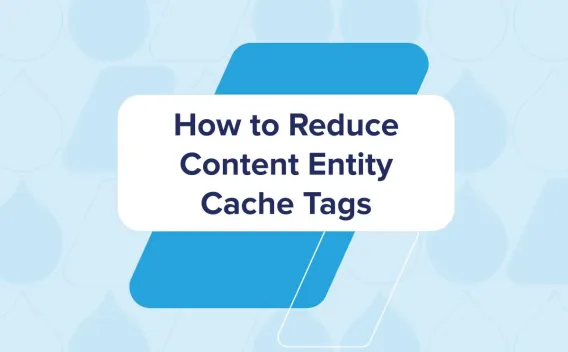Long ago were the days where we used to evangelize about open source and its virtues versus proprietary software. Open source solutions have proven their worth as a flexible, powerful tool that grants people and businesses the freedom to build their way. I spoke about many of these advantages last October 2019 at my Open Source talk in Extremadura Digital. Open source has won the credibility battle, but the war we face now is the challenge of making it sustainable: sustainable for the volunteers, sustainable for the developers, sustainable for companies...sustainable for everyone.
In these difficult times, the issue of sustainability is more pressing than ever, especially for open source communities like Drupal that depend on contributions to exist. And I am not alone in that belief. In a recent blog post, Dries Buytaert goes into the financial impact the COVID-19 outbreak is having on the Drupal community and ways you can help.
I believe the next challenge our community faces is finding a way for contributors to get something back. I always believed that the mere fact of being a contributor in a project helps you with recognition and a kind of personal brand marketing, which later converts into work for customers and companies in need of consultancy. However, is that enough to sustain open source projects indefinitely?
There are as well hundreds of open source projects in existence such as Drupal, and their continued success drives the work of millions of people, websites and businesses. With so many stakeholders, we have seen problems arise around security, maintenance and abandoned efforts. That’s why we encourage everyone involved in Drupal to act as a Maker rather than a Taker.
It’s precisely the need for a stronger push for open source sustainability that inspired me to organize a recent round table for Drupal Camp London 2020.
I am grateful for the generosity of the speakers that participated in the discussion, especially Rachel Lawson, who offered to chair the round table at the very last minute after the session had to switch to a remote format. Rachel was a pretty amazing moderator as she led the discussion of speakers including Gábor Hojtsy, Eriol Fox and Gen Ashley.
Gabor reminded me how lucky we are to work in the tech industry and still have the digital tools and abilities to continue on, and he stressed the importance of and how we can contribute back for those less fortunate.
Although the Open Source movement started in the development world, we can all benefit so much more if the principles of collaboration and giving back are applied as well in other industries like the design world. I am particularly excited to have started a conversation between Eriol and Baddy Breidert about the potential of the open source model, and I can’t wait to see anything coming out of these two inquiring minds.
Gen Ashley also contributed an impressive perspective to the table. Gen has an amazing experience working with communities in developing countries. I believe the future of open source is a global one. I can clearly see a near future with more countries embracing open source technology as part of their economies. I hope this will improve lives in these communities and bring new innovations to Drupal and the open source project in general.
Who knows what the future of open source will bring, but I believe in the creativity and resourcefulness of the Drupal community to weather the storm. Maybe we should embrace these physical challenges and deliver even more remote sessions. Doing so would allow a lot more people to join and make the conference circuit more inclusive, for people not able to travel for personal or economic circumstances and for people in other parts of the world.






